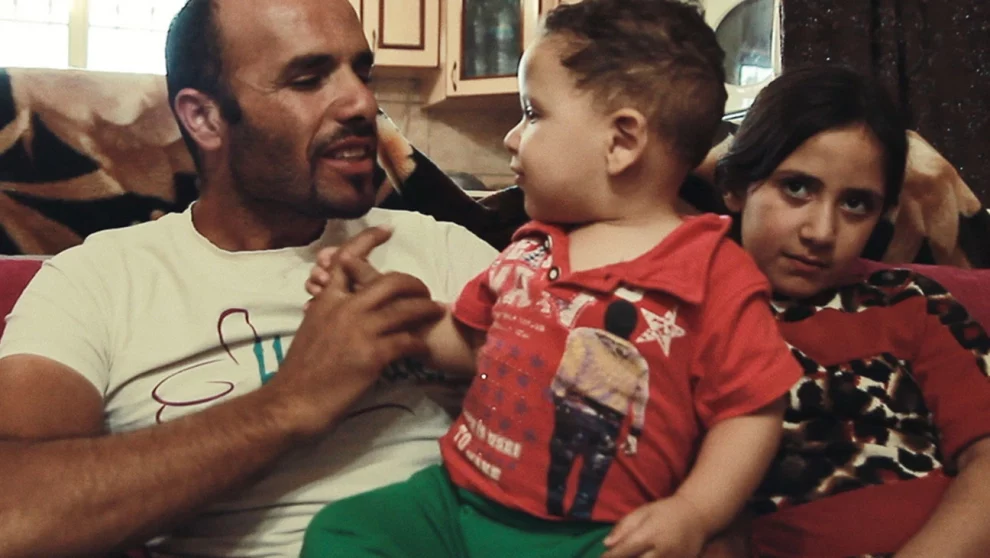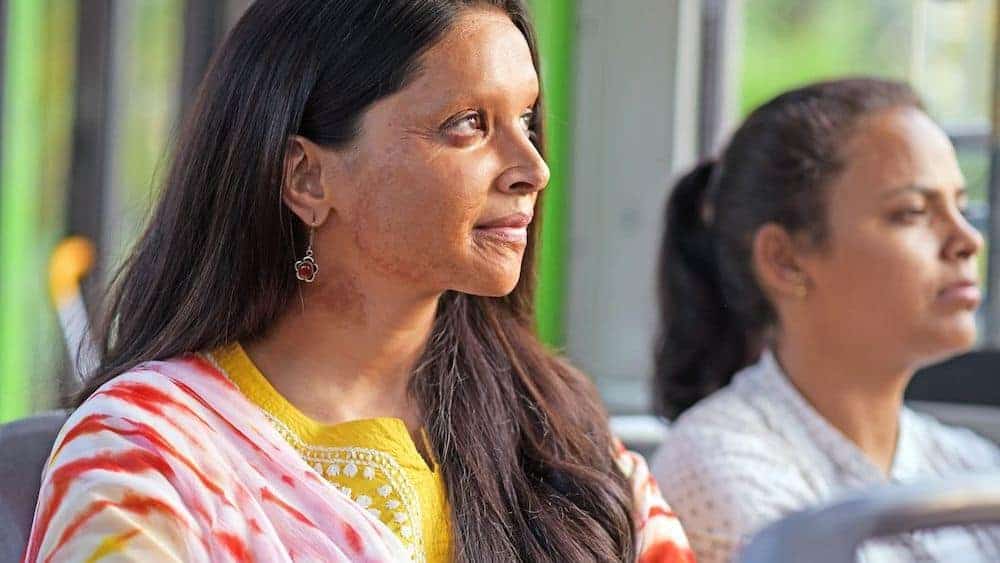After premieres at Toronto IFF, an award at Thessaloniki Documentary, and a more recent screening at SFFILM, “The Devils Drivers” (2021) has been steadily making its way around the film festival circuit. It's little wonder, too. With co-producers in France, Germany, Lebanon, Palestine, Qatar, and Israel, Mohammed Abugeth and Daniel Carsenty's sophomore feature follows one of the most dangerous jobs in the world: smuggling undocumented, Palestinian workers across the Israeli border. In this undercover documentary, the duo follow two Bedouin men as they drive their customers through desert, Israeli soldiers, and an increasingly tightening frontier.
At first, it is difficult to parse apart fact from fiction. The documentary starts from zero to a hundred, devolving from a field of sheep to a “Fast and Furious”-like car chase. The adrenaline leaves the viewer in a position similar to a befuddled passenger – excited, afraid, and motion sick all at once. As the camera bounces around in the front seat, “The Devil's Drivers” deliberately evokes a sense of precarity. All this thrill is not just fun and games. Instead, Abugeth and Carsenty reprimand, there are real consequences to this very real situation. They thus adopt a more somber attitude that simmers throughout the rest of the film: face-to-face interviews, occasional baby cameos, and of course, explanatory animated sequences see the rest of the feature to completion.
Abugeth and Carsenty's early twist makes room for more human stories – ones that they've gathered over their five years of filming. They off-set the tension of the road with shots of the drivers' families; they interview the passengers along with their drivers. Occasional cuts into the lush sheep herds of Jenba harshly contrast with the brutally destroyed stone houses, allowing the viewer to meditate upon the Israeli military's destruction. In this way, Abugeth and Carsenty visibly sink their teeth into their research subject. Beyond the buzzy introduction and title, they seek to uncover the lived stories of the folks present.
Now, I'm not one for a car chase – but formally, “The Devil's Drivers” loses its charm in the latter half. Its lapse into a traditional documentary mode delivers the bitter truth, but loses its charm. It only picks up again after the third Antifada. As if paralleling its pacing to the drivers' own mobility, the film begins to grind to a halt. By this point, Israeli military checkpoints completely encircle Yatta, Issa's (one of the driver's) hometown. Abugeth and Caserty maximize the drama of crossing. They melt back into first-person narration again: the front-seat camera returns, as do the voices of the camera crew alongside the driver. The threat of imprisonment is hair-raising, and the privilege of the filmmakers' foreign presence feels palpable. Abugeth and Carsenty accelerate the drama through braking the narrative.
This lackluster approach further allows Abugeth and Carsenty to do a remarkable job of stepping back. Instead of arguing for an objective, they mostly observe. They include footage where, for the whole five years, they are as non-confrontational as possible to build trust with their interviewees and their families. “Film this!” one commands, and the duo follows. As they slow down to the snails-pace of the day-to-day, they highlight the absurdity of their drivers' situation. The nomadic Bedouins cannot move beyond borders; the migrant workers cannot leave home. In this constricting borderland, the locals are effectively doomed in their displacement.
This non-argumentative approach falls short by the end, however, as the villagers clearly stake their claim in the film. They repeatedly gesture towards the movie's international outreach. “The Devil's Drivers” is not meant to be enjoyed, they motion. Instead, it should envision the Palestinian plea for relief. Grieving, persistence, and resistance can only do so much in a suffocating infrastructural landscape, the subjects imply. Instead, one should – as the filmmakers do – think about the future. Perhaps this is why Abugeth and Carsenty include so much footage of the children on bicycles, then. Their angelic cycling foreshadows the devilish journeys to come.
















